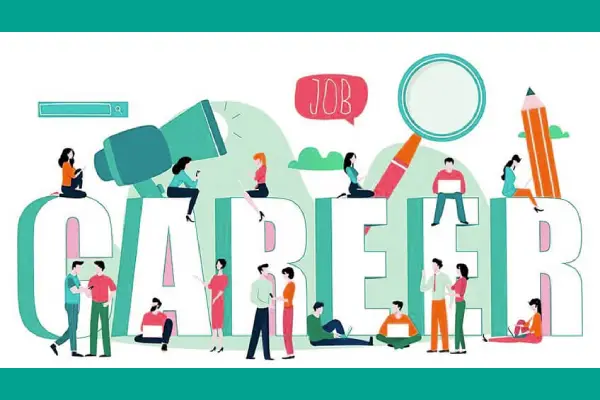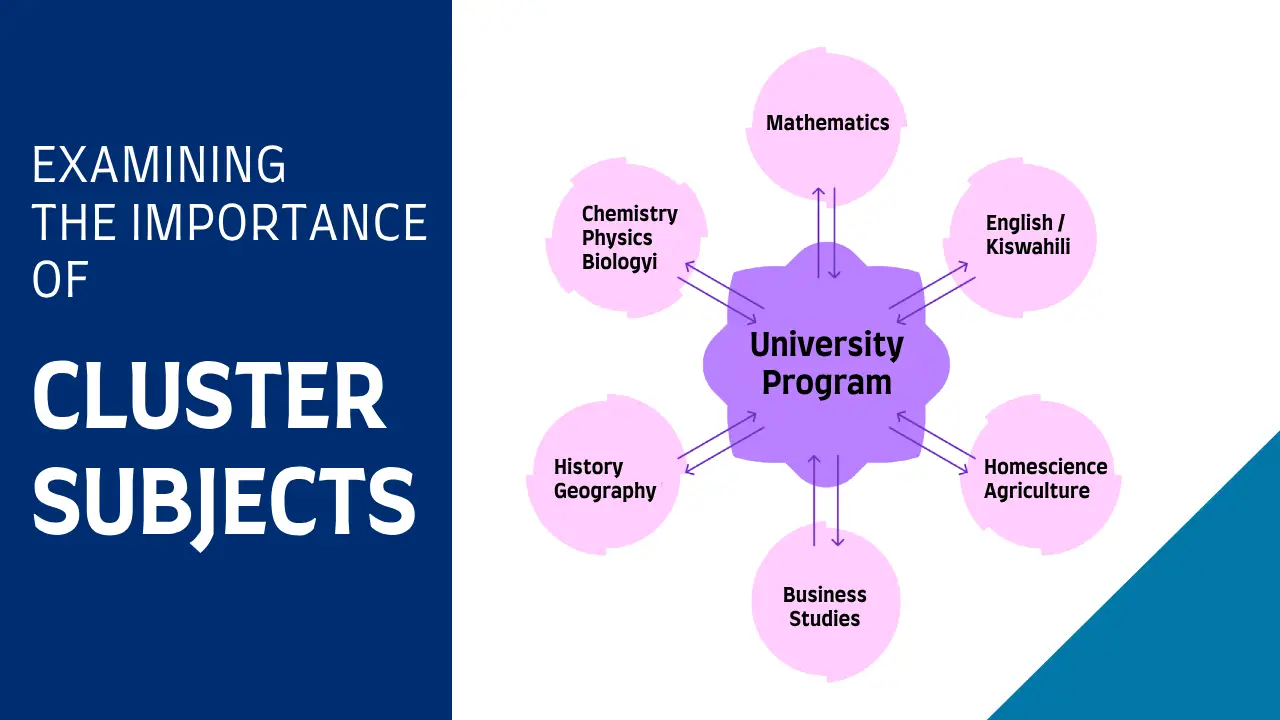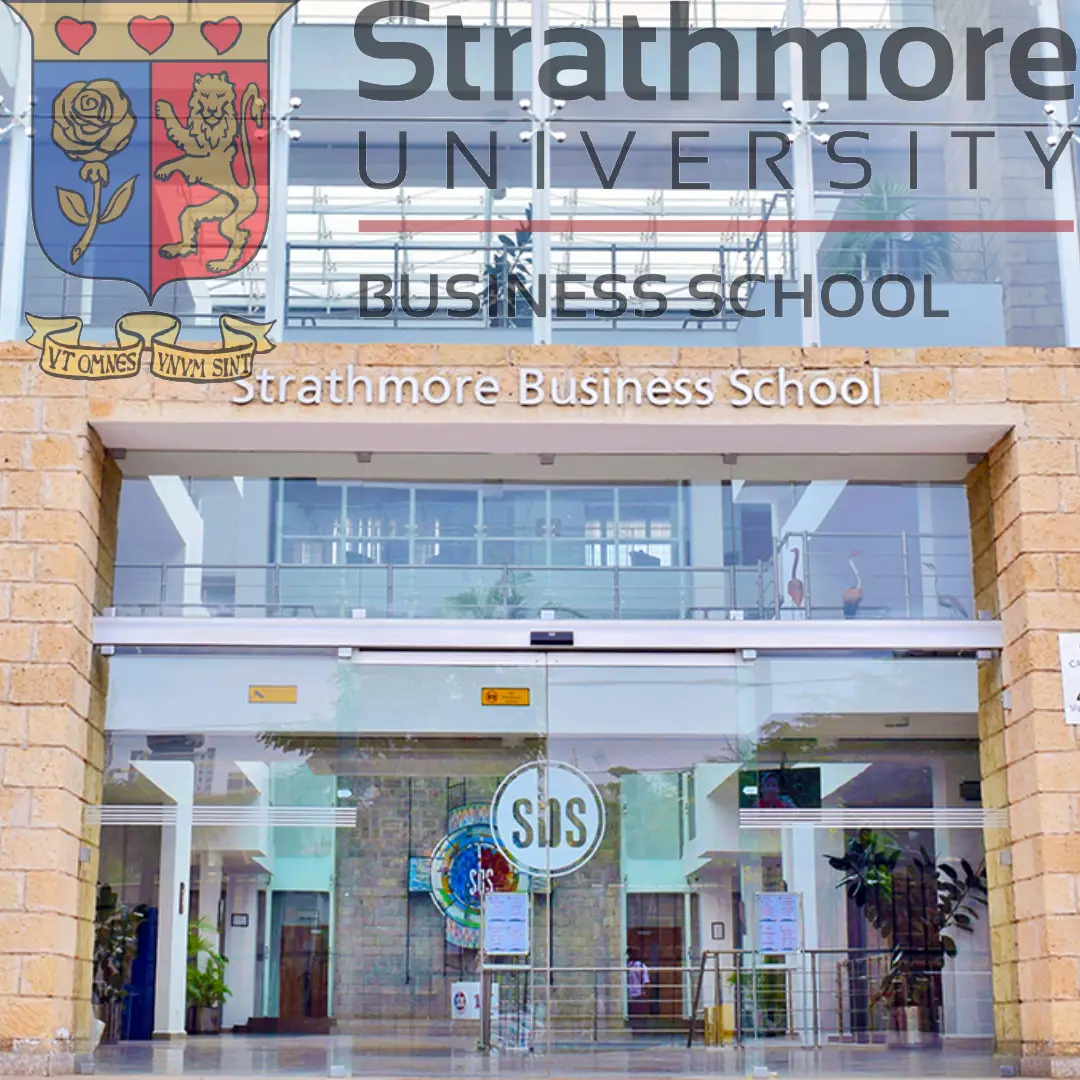
Choosing the right career can be a difficult, confusing, and scary process, especially when you consider that your chosen career will have a big impact on your future lifestyle, income, identity, and societal standing.
What should guide your decision-making process? Should you follow your heart? Should you follow your passion? Should you do that which you are good at? Should you pick the first available option? These are but some of the questions that will cross your mind as you try to identify a suitable career path.
Before you decide what career to pursue, carefully consider the following:
Identify your career interests
Career interests are your preferences regarding work activities and environments, the activities you enjoy doing in your free time can give you insight into your interests. Some of the questions that you will need to ask yourself as you try to identify your interests include:
- What hobbies do I enjoy?
- Do I prefer spending time indoors or outdoors?
- Do I enjoy working with people, animals, data, or books?
- What activities would I miss the most if I could no longer do them?
Understanding what your personal interests are and, more importantly, aligning your career choice with your interests, can help you find fulfillment and success in your chosen profession.
Identify your skills
Your skills are one of the major factors that play a very important role in choosing your career. Everyone has unique talents that can be used to build a career of their choice. Using your skills as a guide you can plan a career that will match your personality. Look for different career paths that complement your current skills and talents.
Right now, you possess skills that can help you succeed in the future. Think about your hard skills and soft skills.
- Hard skills - skills you?ve acquired through studies, such as culinary arts or computer programming.
- Soft skills - the people and life skills you possess, including teamwork and time management.
Identify your talents and strengths
Key strengths include knowledge-based skills, transferable skills, and personal traits that you have acquired over your lifetime.
Knowledge-based skills are technical skills that you learn from education and experience. Transferable skills are soft skills that are applicable in most situations, such as communication and problem-solving. Personal traits are your unique qualities, such as accountability and punctuality.
From the time you were little, you demonstrated talents and strengths that make you unique and can help you succeed in your chosen career.
Identify your personality
Your personality is the way you think, feel and behave. Research shows that personality fit is a leading factor in promoting job satisfaction. The better your character traits match with your career, the more productive and positive your job performance will be.
As you try to identify your personality type, ask yourself the following questions?
- Are you a leader or a follower?
- Do you prefer to work alone or in a group?
- Do you prefer to cooperate or compete with others?
- Do you enjoy helping others or prefer to empower them to do things themselves?
- Are you a thinker who focuses on ideas or are you a doer who takes action?
- Are you a creative and artistic person or do you thrive with structure and routine?
Identify your values
An essential part of the self-discovery journey of your career exploration process is identifying what is most important to you (your values) and learning how they influence and motivate your goals. Values drive your actions and they motivate your goals. Your goals help you establish your priorities in life, guide your decision-making, and affect your evaluation of your success and happiness in life. Take time to reflect on what being successful means to you. It will be different for you than for other people, everyone has values or things that are important to them, such as financial security, social justice or work-life balance.
Identify the education or training needed
Career education helps students to develop the skills that are needed to evaluate potential career paths. Students engage in hands-on learning to master a craft, such as plumbing, automotive technology, cosmetology, or welding. Think about the time and money required to pursue a career as you make your decision.
Identify job availability
We are living in a world where there is an increasing level of unemployment. Some of the factors that have led to this increase in unemployment include technological trends, the Covid pandemic which affected our daily lives, and ever-changing market needs. As you plan your career it may be helpful to know which jobs are most in-demand.
Identify probable salary scales
Different careers provide different monetary rewards. Even though salary should not be the main factor in choosing a career, your paycheck can play a role in your quality of life and where you live. Consider your earning potential as you narrow your career options.
Identify what you want out of your career
Always ask yourself why you want to pursue a certain career as you evaluate which choice is right for you. Do not let the opinions or expectations of others sway your decision. Ultimately, your career choice is solely yours.
Choosing the right career can be difficult, but having a defined career direction will help you make the right decision. With a little hard work, some planning, and some serious self-reflection, you can set yourself on a path towards a fruitful, fulfilling career that can provide for you and your family.









